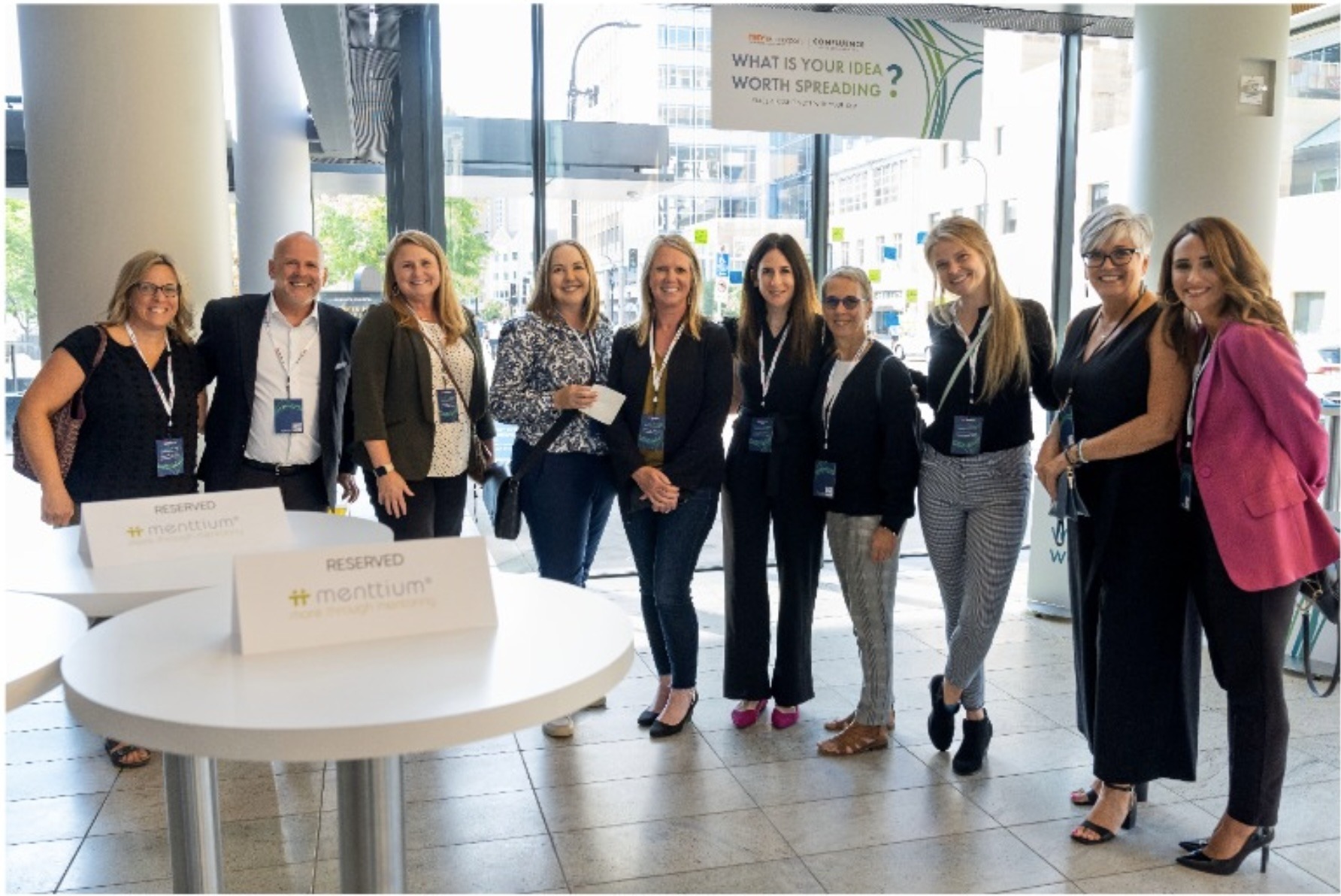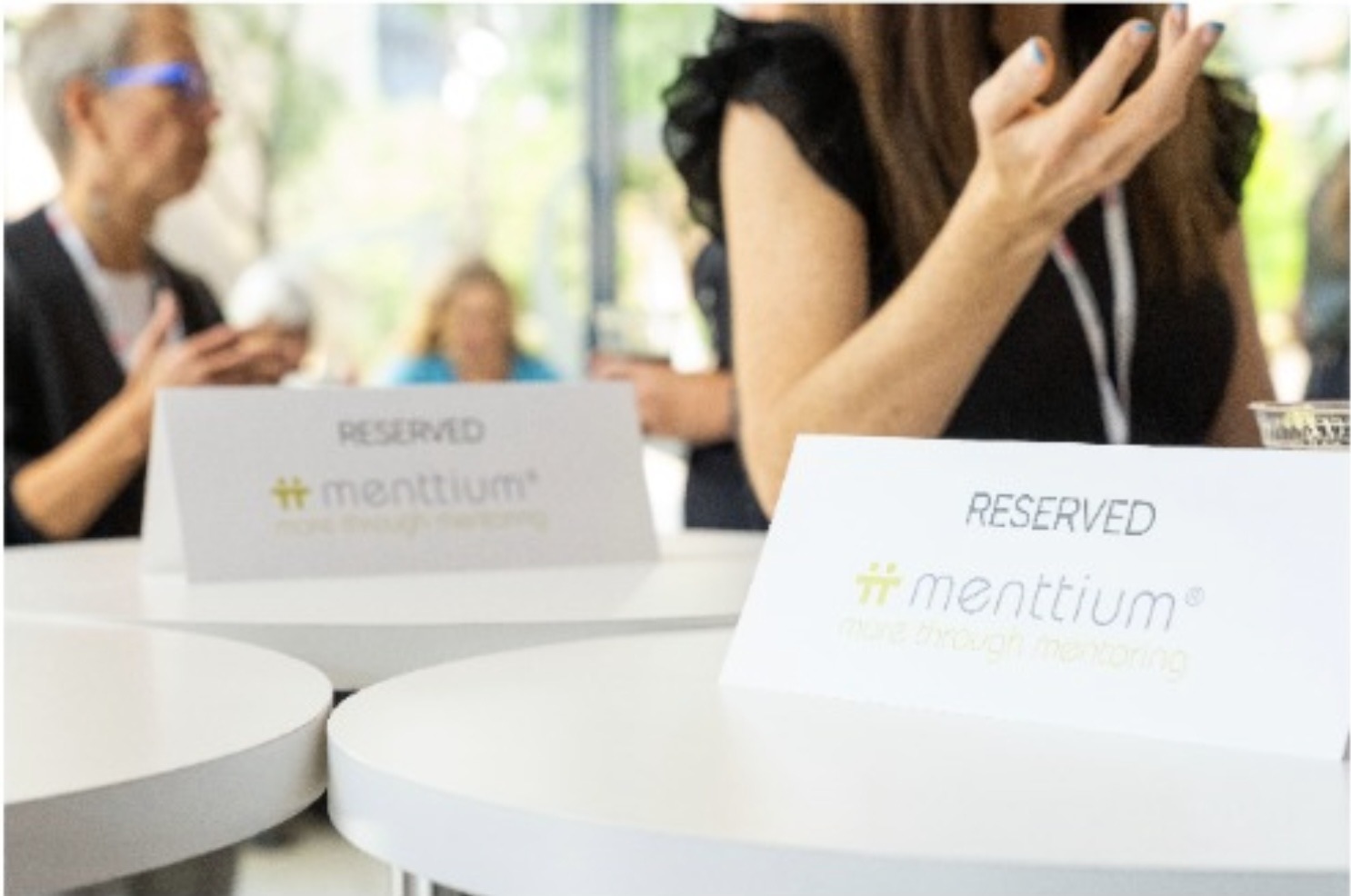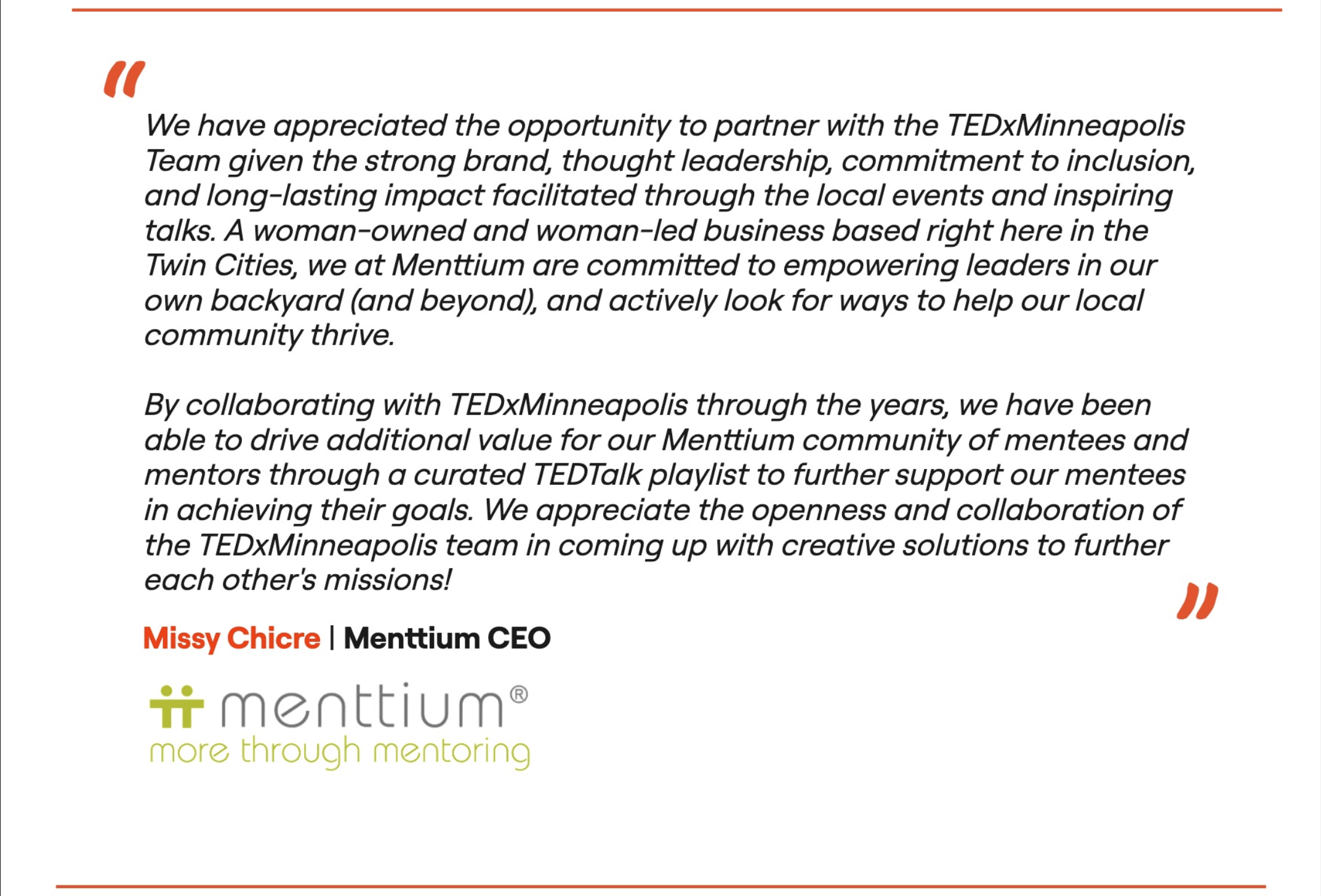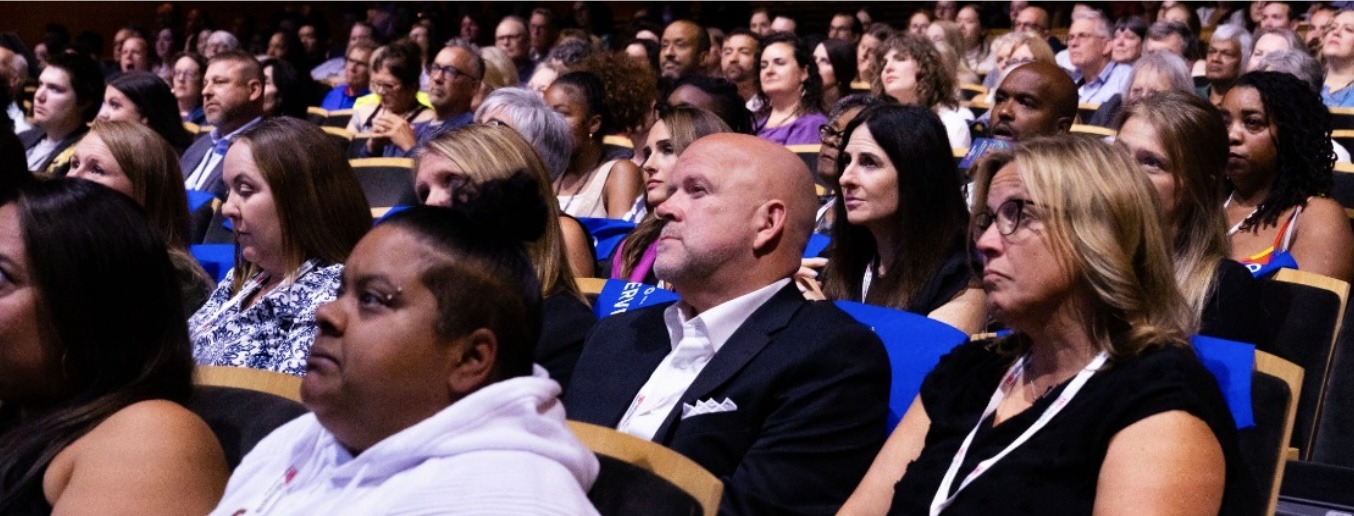Menttium partnered with the TEDxMinneapolis Team to curate a playlist of TED Talks to enhance the mentoring partnership experience for all of our mentees and mentors. By honing in on topics that align with our mission to enrich lives and strengthen organizations in conjunction with knowledge of the topics our mentees most frequently want to focus on in their mentoring partnerships, we have devised a playlist that has something for everyone.


Communication & Connection
Why You’re Bad at Online Networking
Margaux Miller provides six actionable strategies to form meaningful, high-quality online connections in a digital world increasingly defined by superficial interactions. This talk is a practical guide for navigating online networking with authenticity and purpose.
The Science Behind Dramatically Better Conversations
Charles outlines how “supercommunicators” recognize the practical, emotional, and social layers of conversation to connect more deeply and meaningfully. The talk emphasizes adapting to the context and understanding emotions to enhance communication.
How to Speak So That People Want to Listen
Julian Treasure shares vocal exercises and empathy-driven tips to improve how we communicate, ensuring our words are impactful and our messages are heard. This talk inspires listeners to create a world of mutual understanding through intentional speech.
Growth Mindset
6 Tips for Building Your Confidence
Emily Jaenson shares her journey from timid undergrad to senior executive, offering actionable steps to assert yourself in competitive environments. Her talk inspires confidence and encourages viewers to fulfill their potential.
One Fear Per Year: A Personal Growth Hack that Changes Everything
Janice advocates for tackling one fear every year to unlock confidence, empathy, and freedom in life. Through personal stories and practical tips, she empowers audiences to transform fear into a catalyst for growth.
Get Comfortable with Being Uncomfortable
Luvvie Ajayi Jones shares three powerful questions to help individuals embrace their authentic selves, even in challenging situations. Her message inspires viewers to overcome fear and speak their truth boldly.
Influence & Advocacy
How to Ask for More–and Get It
Professor Alex Carter reveals five powerful strategies to confidently negotiate and ask for what you’re worth, while simultaneously strengthening relationships. This talk empowers individuals to embrace the art of negotiation.
The Secret to Self-Advocacy
Bhavana explores the challenges of self-advocacy, especially for women, and provides tools to reclaim confidence and ask for what we deserve. Her message encourages viewers to rediscover their dreams and unlock their potential.
5 Steps to Fix Any Problem at Work
Anne Morriss introduces a radical one-week plan to address workplace challenges, build trust, and solve problems efficiently. This talk combines leadership and advocacy with practical solutions for creating positive change.
Want to Get Ahead at Work? Risk the Awkward Moments
Henna Pryor highlights the value of embracing discomfort to grow professionally and build stronger connections. The talk inspires individuals to push through “cringe-worthy” moments for lasting self-improvement.
Thriving with Resilience
Why Having Fun Is the Secret to a Healthier Life
Catherine Price redefines “true fun” as essential to health and happiness, offering simple, evidence-based ways to infuse playfulness and joy into daily life. Her talk inspires a balanced, fulfilling approach to well-being.
How to Challenge Your Negative Self-Talk
Josh Green recounts his journey to overcome self-doubt and societal pressures, inspiring audiences to reframe negativity and take on new challenges. His engaging story emphasizes resilience and the transformative power of saying “yes.”
Own Your Behaviours, Master Your Communication, Determine Your Success
Using “The 5 Chairs” framework, this talk encourages self-awareness, emotional intelligence, and behavior management to create healthier environments at work and home. It’s a call to action for becoming a conscious, empathetic leader.
Why Change Is So Scary — and How to Unlock Its Potential
Maya Shankar shares insights on how unexpected changes can inspire growth and transformation. Her talk empowers audiences to embrace uncertainty and find opportunity in life’s challenges.
Future-Focused Innovation
How to Build AI for Good
Brook Wineland discusses how embracing AI for human-centric purposes can drive both profitability and positive societal impact. Her talk challenges fears around AI and reframes it as a tool for meaningful progress.
How to Write Less but Say More
Jim VandeHei explains how simplifying written communication can improve clarity and engagement in our increasingly distracted digital world. His talk offers valuable insights for leaders and professionals looking to communicate effectively.
Ready to enable your employees to reach their full potential?






